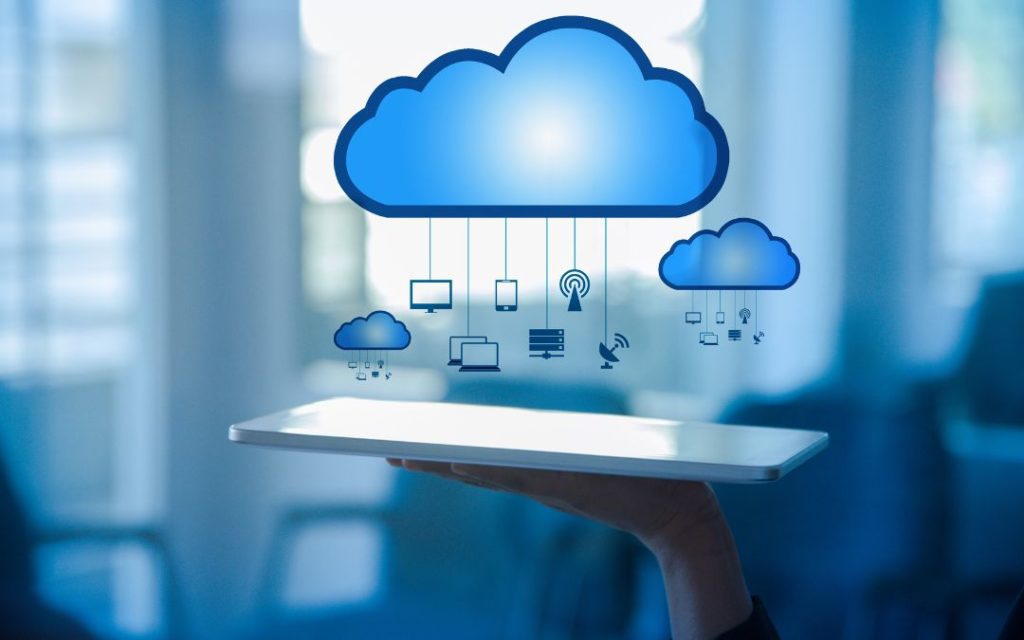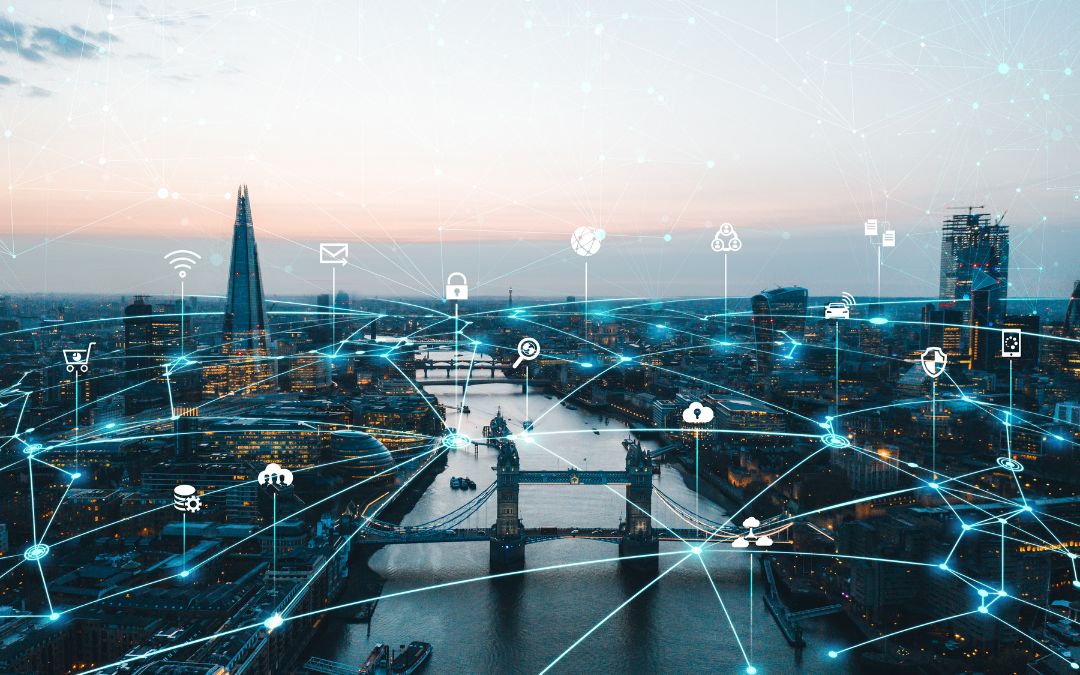
As we embark on 2024, the IT landscape is changing rapidly, making it crucial for CEOs to stay informed and proactive. This blog offers insights into the most pressing IT issues to be considered in 2024, emphasizing actionable strategies for business leaders.
The Importance of Continuous Learning and Adaptation
In the fast-paced world of IT, continuous learning and adaptation are crucial for staying ahead. A prime example of this is the use of platforms like PsyberSafe.com for cybersecurity training. PsyberSafe offers an innovative approach to training employees in cyber awareness and security practices. It uses behavioural science techniques to make learning more engaging and effective, ensuring that staff are not only aware of potential cyber threats but are also equipped with the knowledge to prevent them.

This approach to continuous learning, particularly in cybersecurity, is essential. As new threats emerge and technology evolves, having a workforce that is well-informed and up-to-date on the latest trends and best practices is invaluable. Encouraging your team to engage with continuous learning not only enhances your company’s security posture but also fosters a culture of curiosity and proactive learning. This culture is critical in navigating the ever-changing landscape of IT and maintaining a competitive edge in the industry.
Cloud Computing and Hybrid Environments

In the sphere of cloud computing, the evolution towards hybrid environments is a significant trend. Services like Office 365 demonstrate how cloud applications can enhance productivity and collaboration, particularly in remote work scenarios. Platforms like AWS provide scalable infrastructure solutions that can be tailored to a wide range of business needs, from hosting applications to processing large datasets. Dropbox is another example, offering straightforward and secure file storage and sharing capabilities.
However, these services also underscore the importance of managing and securing hybrid environments. Implementing stringent security protocols and regularly training staff on best practices is crucial to protecting sensitive data across these diverse platforms.
The Expansion of IoT (Internet of Things)

The integration of IoT in business operations, such as real-time inventory tracking in retail or smart sensors in manufacturing, offers substantial efficiency improvements. However, a significant security concern with IoT devices is their tendency to be overlooked in regular maintenance and updates. Unlike desktops and servers, which are frequently checked and updated with the latest software, many IoT devices operate on outdated software, making them vulnerable to cyber-attacks. This discrepancy in update frequency can create security loopholes in otherwise secure networks. It’s crucial for businesses to implement rigorous policies for regular IoT device updates and monitoring, ensuring these devices are not the weak link in their cybersecurity framework. So what are the IoT Devices? For example, Smart TV’s, temperature sensors, Cameras, Smart home assistances etc.
Sustainable IT Practices
Sustainability in IT is increasingly becoming a priority for businesses. Beyond the ethical imperative, sustainable IT practices can lead to significant cost savings and operational efficiencies. A real-life example of this is Google’s use of artificial intelligence to optimize the energy efficiency of its data centres. By employing AI algorithms to analyse data and adjust cooling systems, Google has reportedly reduced the amount of energy used for cooling by up to 40%. This not only represents a substantial reduction in energy costs but also significantly lowers the carbon footprint of these data centres.
In addition to such high-tech solutions, simpler practices like server virtualization and cloud computing can also contribute to sustainability. Server virtualization reduces the need for physical servers, thereby lowering energy consumption and the associated costs. Encouraging a culture of responsible electronic waste disposal and promoting the use of energy-efficient hardware are other practical steps businesses can take. By adopting these sustainable IT practices, companies can play a pivotal role in environmental stewardship while also benefiting financially and operationally.
Conclusion
In summary, as a CEO, successfully navigating the IT landscape in 2024 requires a strategic blend of adopting emerging technologies, reinforcing security through comprehensive staff training and awareness programs, and promoting a culture of continuous learning and sustainability. These components are indispensable for preserving a competitive edge and securing the future of your business.
What are your strategies for tackling IT challenges in 2024? Share your experiences and plans, and let’s engage in a meaningful conversation about driving IT forward in our businesses.
In the meantime, if you require assistance with urgent IT issues at Operum.Tech, we offer a range of services, including security audits, vulnerability assessments, cloud computing, and day-to-day IT support. We are more than happy to help you establish an environment that fosters a cybersecurity culture and enhances operational efficiency within the organization, drawing upon our experience and resources.
Don’t hesitate to get in touch: call us at 0800 389 6798 or 020 8099 2659, or drop us an email [email protected].
Sign up below to join the Operum newsletter



